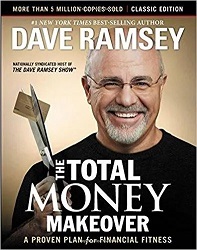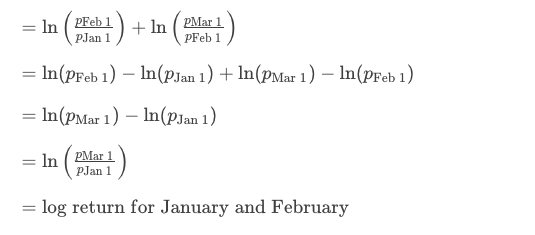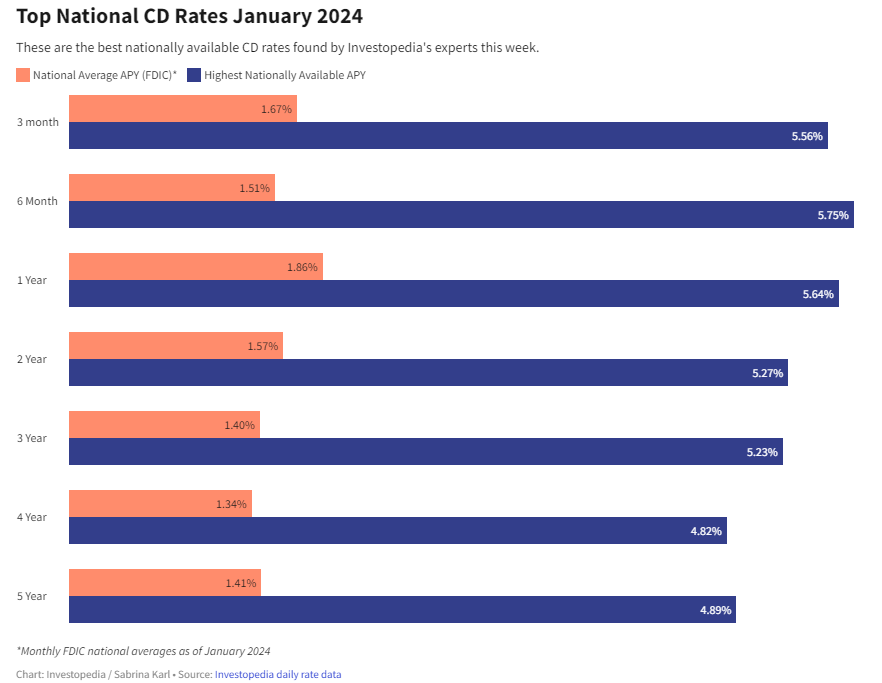ECB to hold rates but may discuss quicker bond run-off
By Balazs Koranyi and Francesco Canepa
FRANKFURT, Oct 26 (Reuters) - The European Central Bank will keep interest rates unchanged at a record high on Thursday, snapping a 15-month streak of hikes, but may discuss a quicker reduction of its oversized portfolio of government debt as it battles still excessive inflation.
The ECB has lifted rates at each of its past 10 meetings to combat runaway price growth but signalled a pause last month as the fastest pace of policy tightening is finally starting to have an impact.
Price pressures are finally easing and inflation has more than halved in a year, but the economy has slowed so much that a recession may already be under way, making any further rate hikes increasingly unlikely.
This is set to shift the debate to just how long rates need to stay at record highs, a tricky exercise as markets are already betting on the next move to be a cut as soon as June, with two full moves priced in by next October, a timeline some policymakers consider unrealistic.
Another complication is that rising energy costs could keep inflation under pressure just as growth falters, setting off opposing forces that could herald a damaging period of stagflation, or a period of high inflation and stagnating growth.
"We think the discussion is increasingly shifting towards the timing of a cut rather than whether there should be another hike," Martin Wolburg, a senior economist at Generali Investments said.
"We are increasingly of the view that (the) fourth quarter could also be a quarter of receding output, so in the end the euro area has a certain probability of entering a recession and this will also leave its mark on monetary policy in the end,” Wolburg added.
Meeting in Athens for the first time in over a decade, the Governing Council is expected to have an easy time deciding on rates, given a precommitment to a pause. The hard part will be what signals to send about future moves.
Some policymakers are keen for a "hawkish" pause, or guidance that keeps further rate hikes firmly on the table, given that inflation is not expected to fall back to the ECB's target of 2% until 2025 and turbulence in the Middle East could put upward pressure on energy costs.
Others argue that growth prospects are deteriorating so quickly that the ECB would be better served with "neutral" guidance, emphasizing data dependency.
Indeed, industry is in recession, sentiment indicators are pointing south, consumption is muted and even the labour market has started to soften.
BOND PORTFOLIO REDUCTION
An even tougher discussion will be whether to opt for an early reduction of bond holdings in the bank's 1.7 trillion euro ($1.8 trillion) Pandemic Emergency Purchase Programme, as advocated by several policymakers.
The ECB has promised to reinvest all maturing debt in this scheme through the end of 2024 but some view this commitment as excessive given that the ECB is now tightening policy.
The complication is that the ECB uses these reinvestments as the "first line of defence" in protecting vulnerable economies like Italy, because it can skew purchases to insulate them from undue market volatility.
This suggests that any change in the scheme is not imminent and would in any case be gradual.
"As the ECB has stated so clearly that it intends to reinvest maturing PEPP bonds until the end of 2024, a shift to an earlier date would raise awkward questions about the credibility of any ECB guidance," Berenberg economist Salomon Fiedler said.
"At a time of high volatility in bond markets, this could be rather uncomfortable."
Lenders must park a certain portion of their assets at the ECB for free and some policymakers want to increase this pool, since paying a 4% rate to already profitable lenders on the very liquidity created by ECB is boosting losses at the central bank.
Still, the ECB board has made clear that such a debate is premature and should only come up next spring when the central bank debates its overall operational framework.
($1 = 0.9457 euros)
(Reporting by Balazs Koranyi; Editing by Emelia Sithole-Matarise)
(([email protected]; +49 30 220 133 623; Reuters Messaging: [email protected]))
Personal finance book recommendations
Personal Finance Book RecommendationsAs a professional financial advisor, I am often asked for recommendations on books that can help individuals gain a better understanding of personal finance. It is no secret that managing money effectively is a crucial skill that can greatly impact one'
How is the interest on bank deposits calculated?
Interest is the amount of money that a bank pays you for keeping your money in a deposit account, such as a savings account, a fixed deposit, or a certificate of deposit. Interest is also the amount of money that you pay to a bank for borrowing money from them, such as a loan or a credit card.
How to Double Your Money with the Best CD Rates for January 2024
If you are looking for a safe and reliable way to grow your savings, you might want to consider opening a certificate of deposit (CD) account. A CD is a type of deposit account that offers a fixed interest rate for a specified term, usually ranging from a few months to several years. Unlike a regula
How to buy the right personal financial products
Personal financial products are tools that help you manage your money, save for the future, and achieve your financial goals. They include things like bank accounts, credit cards, loans, insurance, investments, and retirement plans. However, not all personal financial products are create








